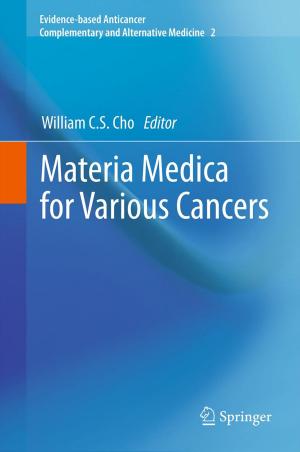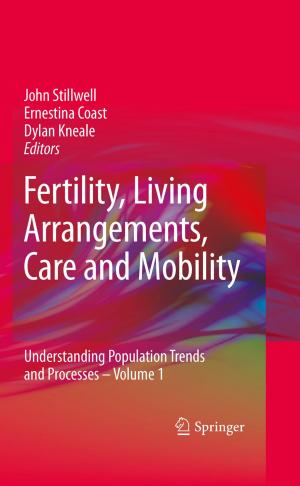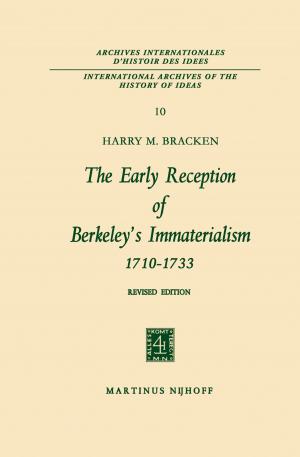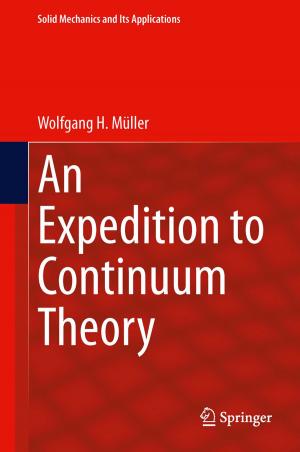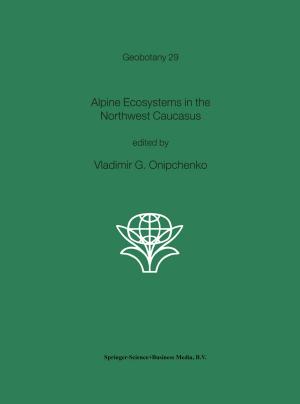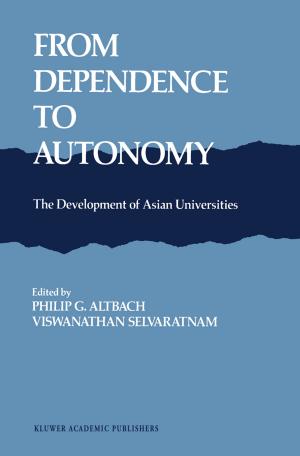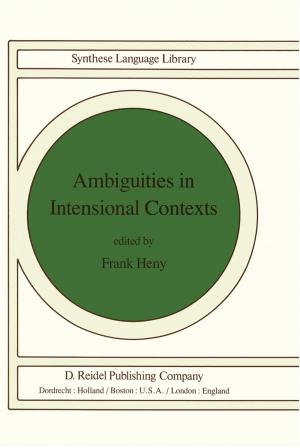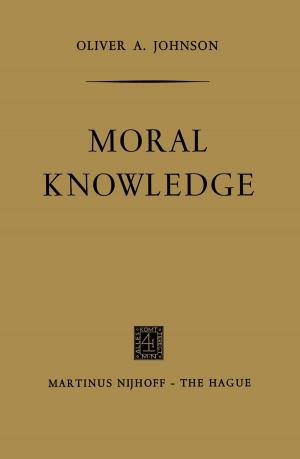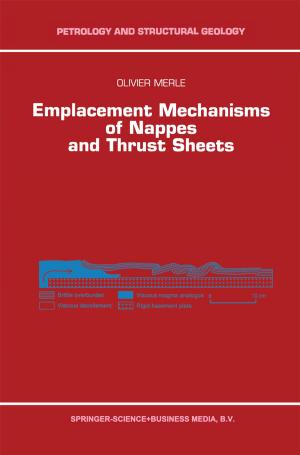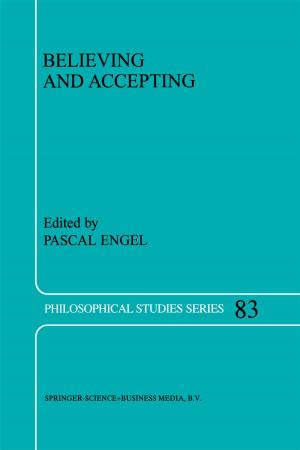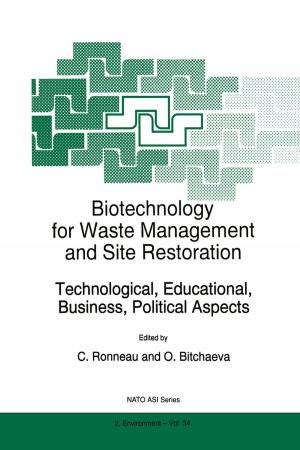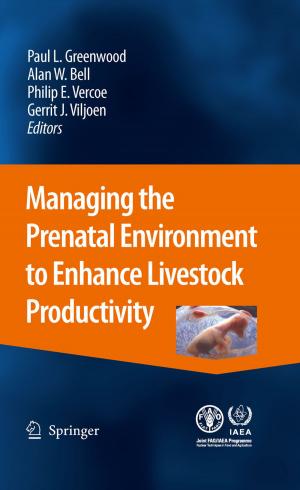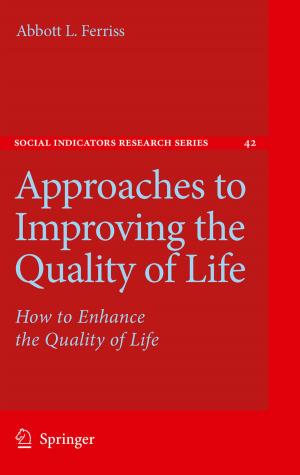"Becoming" a Professional
an Interdisciplinary Analysis of Professional Learning
Nonfiction, Reference & Language, Education & Teaching, Educational Theory, Adult & Continuing Education, Higher Education| Author: | ISBN: | 9789400713789 | |
| Publisher: | Springer Netherlands | Publication: | June 27, 2011 |
| Imprint: | Springer | Language: | English |
| Author: | |
| ISBN: | 9789400713789 |
| Publisher: | Springer Netherlands |
| Publication: | June 27, 2011 |
| Imprint: | Springer |
| Language: | English |
This book is founded on the idea that ‘becoming’ is the most useful defining concept for a new ‘professional’ class whose members understand that development in their working lives is an open-ended, lifelong process of refinement and learning.
In a world where being a ‘professional’ is an increasingly indistinct notion and where better education and technology are challenging ‘professional’ norms, it is imperative that we no longer think in terms of an exclusive, ‘Anglo-American’, knowledge-rich class of workers. Exploring the implications of this insight for professions including nursing, teaching, social work, engineering and the clergy, this volume aims to encourage informed debate on what it means to be a ‘professional’ in this globalised 21st century.
The book argues that ‘becoming’ a professional is a lifelong process in which individual professional identities are constructed through formal education, workplace interactions and popular culture. The book advocates the ‘ongoingness’ of developing a professional self throughout one’s professional life. What emerges is a concept of becoming a professional different from the isolated, rugged, individualistic approach to traditional professional practice as represented in popular culture. It is a book for the reflective professional.
This book is founded on the idea that ‘becoming’ is the most useful defining concept for a new ‘professional’ class whose members understand that development in their working lives is an open-ended, lifelong process of refinement and learning.
In a world where being a ‘professional’ is an increasingly indistinct notion and where better education and technology are challenging ‘professional’ norms, it is imperative that we no longer think in terms of an exclusive, ‘Anglo-American’, knowledge-rich class of workers. Exploring the implications of this insight for professions including nursing, teaching, social work, engineering and the clergy, this volume aims to encourage informed debate on what it means to be a ‘professional’ in this globalised 21st century.
The book argues that ‘becoming’ a professional is a lifelong process in which individual professional identities are constructed through formal education, workplace interactions and popular culture. The book advocates the ‘ongoingness’ of developing a professional self throughout one’s professional life. What emerges is a concept of becoming a professional different from the isolated, rugged, individualistic approach to traditional professional practice as represented in popular culture. It is a book for the reflective professional.

